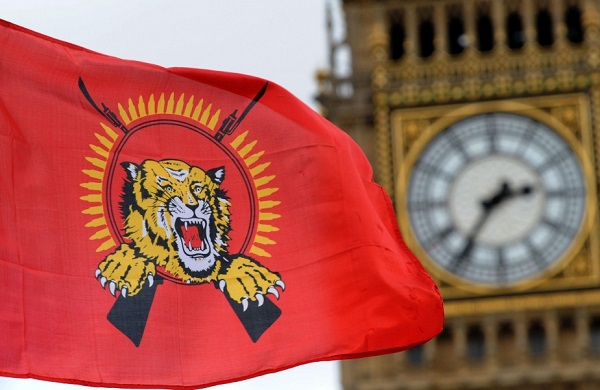On Friday(21.06.2024), the UK Proscribed Organisations Appeals Commission dismissed the appeal made by the TGTE (Transitional Government of Tamil Eelam) to revoke the proscription of the LTTE in Britain as a terrorist organization. The United Kingdom has decided not to lift the ban on the Liberation Tigers of Tamil Eelam (LTTE), despite ongoing appeals and legal challenges. The LTTE, also known as the Tamil Tigers, has been classified as a terrorist organization by the UK since 2001. The group is known for its armed struggle for an independent Tamil state in Sri Lanka, which ended in 2009.
Recent legal efforts by the Transnational Government of Tamil Eelam (TGTE) and other advocacy groups aimed to remove the LTTE from the UK’s list of proscribed organizations. These groups argued that the LTTE is no longer operational and that the ban unfairly restricts political advocacy for Tamil rights. In 2021, the Proscribed Organisations Appeal Commission (POAC) found that the Home Office’s decision to maintain the ban was flawed and ordered a review.
However, the Joint Terrorism Analysis Centre (JTAC) advised that the LTTE still poses a threat and has not renounced violence, influencing the Home Office’s decision to keep the ban in place. The appeal was rejected by the Appeals Commission, who also mandated the ban on the LTTE in the UK to persist. Representing the appellants were Peter Haynes KC and Shanthi Sivakumaran from the Public Law Interest Centre. On the other side, the Secretary of State was represented by Ben Watson KC, Andrew Deakin, and Will Hays from the Government Legal Department, while Tom Forster KC and Rachel Toney, with the backing of the Special Advocates’ Support Office, acted as Special Advocates.


